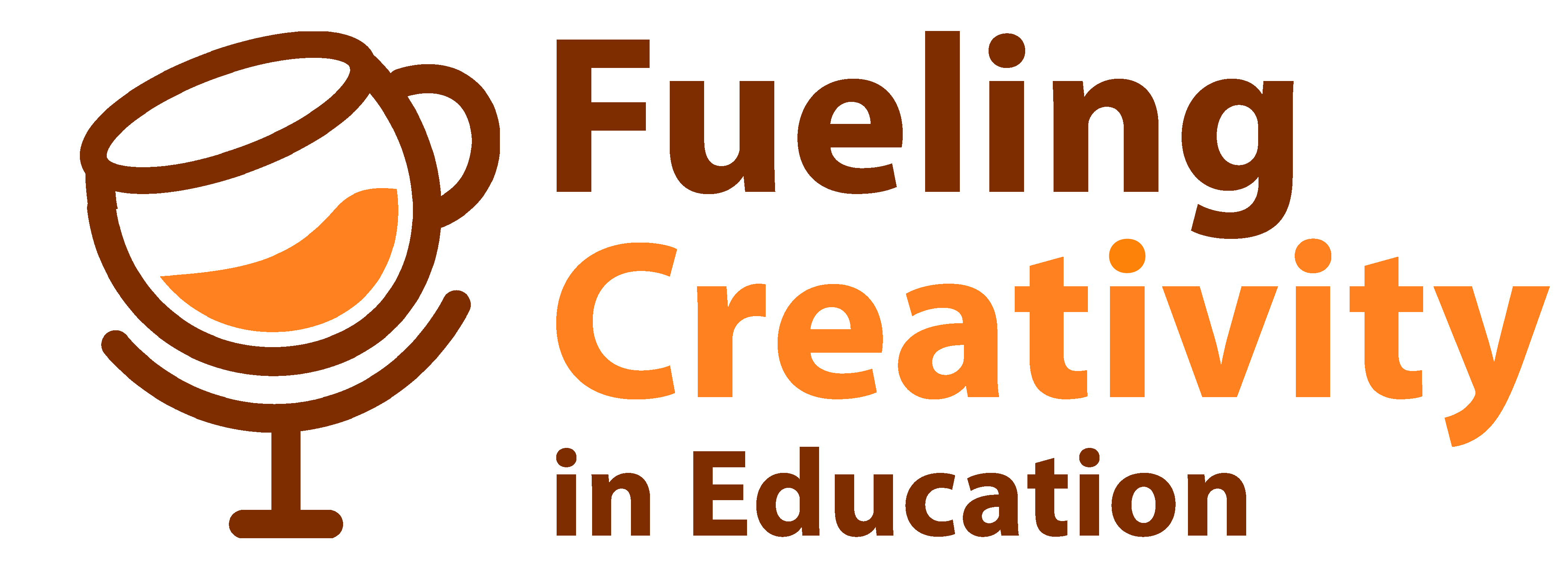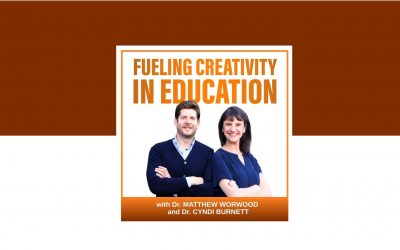Season 8 | SPECIAL
Celebrating 3 Years of Fueling Creativity in Education
Episode Transcription
It's our three year anniversary!
The hosts delve into various topics, including the potential need for a revolution in education, the importance of modeling creative behavior in teaching, and the multifaceted nature of creativity. They also touch on the use of generative AI in podcast production and the possibility of expanding their audience globally. Listeners are encouraged to share their predictions for the future of creativity in education and to reach out for potential guest appearances.
Episode Debrief
Collection Episodes
Summer 2025 Academic Year Wrap-Up!
Season 10 | Special Episode Summer 2025 Academic Year Wrap-Up!“ But what if you're learning content, building up to a field trip, and then the field trip then facilitates the next four or five weeks of content and then you go on another field trip and it facilitates...
Introducing Season 8 of the Fueling Creativity in Education Podcast
Season 8 Introducing Season 8 of the Fueling Creativity Education PodcastMatthew Worwood:Hello, everyone. My name is Dr. Matthew Worwood. Cyndi Burnett:And my name is Dr. Cindy Burnett. Matthew Worwood:This is the fueling creativity in Education podcast. Cyndi...
SPECIAL: Teaching for Creativity and Teaching Creatively in Higher Education
Season 8 | SPECIAL Teaching for Creativity and Teaching Creatively in Higher Education“And what I get sometimes is they don't because either the students are not engaged, they're not interactive, and so it's like pulling teeth to get anything from students. And so I...
Podcast Sponsor

We are thrilled to partner with Curiosity 2 Create as our sponsor, a company that shares our commitment to fostering creativity in education. Curiosity 2 Create empowers educators through professional development and community support, helping them integrate interactive, creative thinking approaches into their classrooms. By moving beyond traditional lecture-based methods, they help teachers create dynamic learning environments that enhance student engagement, improve academic performance, and support teacher retention. With a focus on collaborative learning and exploration, Curiosity 2 Create is transforming classrooms into spaces where students thrive through continuous engagement and growth.








